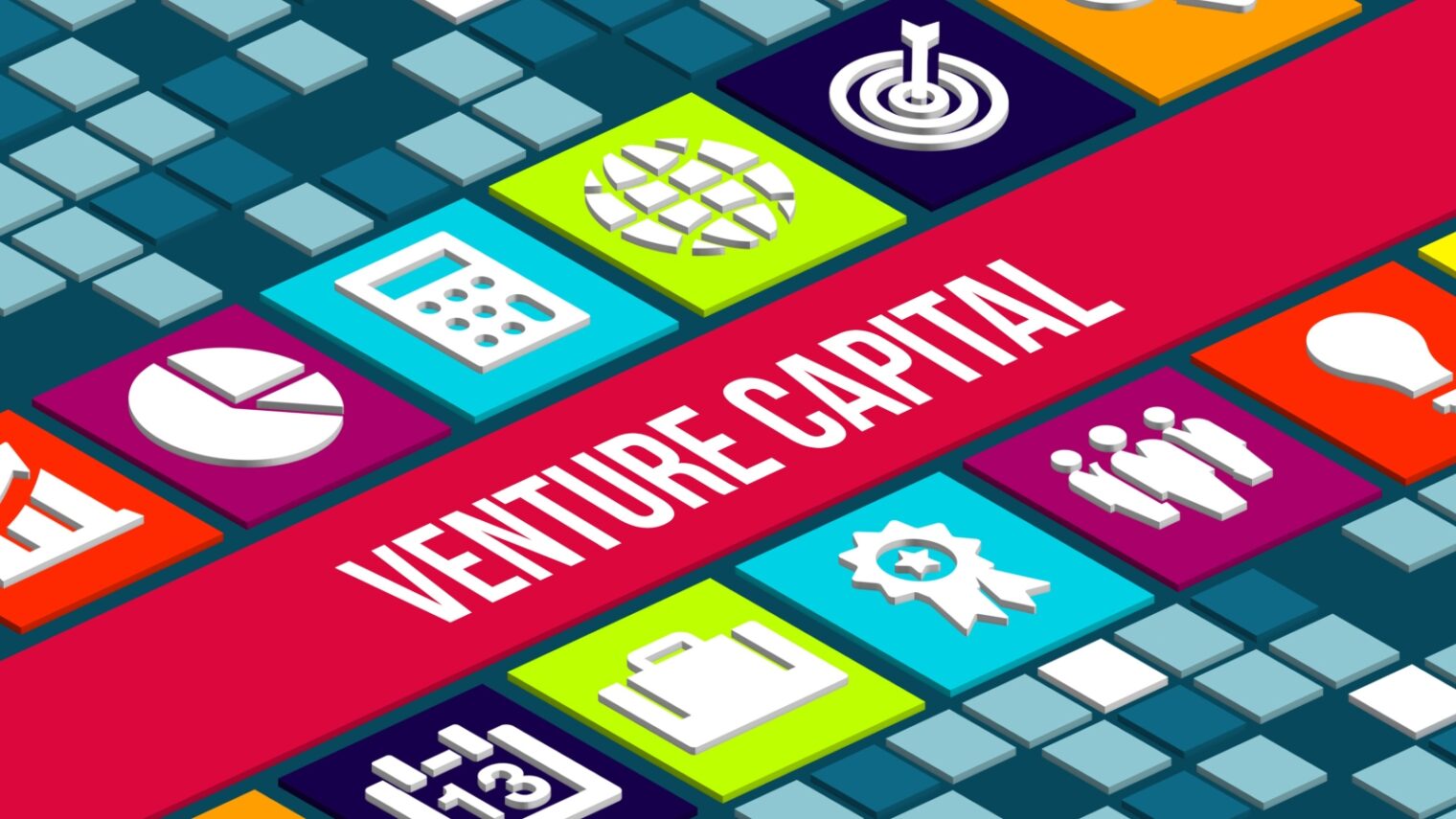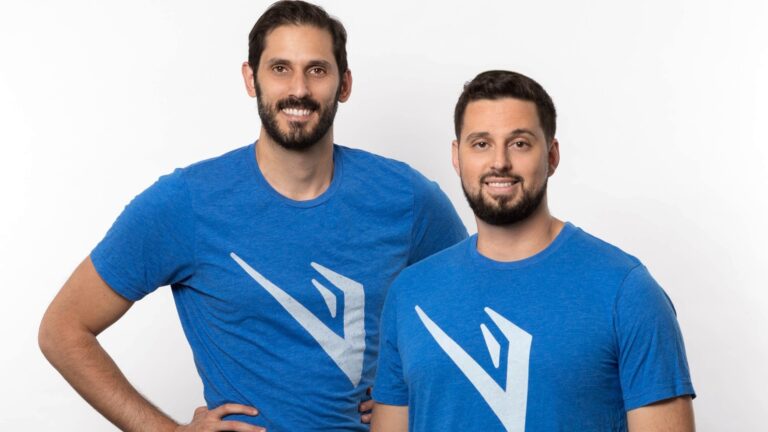Venture capital, an investment vehicle to help promising startups commercialize, is having a heyday in the startup nation. The Israel Advanced Technology Industries database lists no fewer than 148 VCs in Israel.
Most large Israeli VCs diversify their investments across proven sectors such as cybersecurity, communications, life sciences, information technology and semiconductors.
But now, smaller funds are pinpointed on verticals such as ag-tech, clean energy or biopharma and on new sectors such as smart mobility and aging.
This trend, seen first in the United States and now in Israel, reflects a new ability and willingness to invest in ideas less easily understandable than the apps and software of digital technology, says Dr. Vladi Dvoyris, director of community at Tel Aviv University’s Coller Institute of Venture.
“When we talk about ‘deep innovation’ ventures like nanotechnology or food-tech, the decision to invest demands a larger scientific understanding which most VCs still lack,” Dvoyris tells ISRAEL21c. “You need to be a PhD in food tech to really understand what an entrepreneur is talking about when he’s trying to grow artificial meat.”
Until recently, he continues, non-digital research-based ventures rarely attracted enough cash to bridge the “valley of death,” the four or five years needed to develop a minimum viable product.
“We’ve suddenly seen venture funds that specialize,” says Dvoyris. The trend started in Boston and Silicon Valley and is taking hold in Israel.
“They are employing scientists as advisers and can go to places where no one has gone before. They identify new market demands and have the scientific ability to understand the field they want to invest in.”
Two years ago, Dvoyris advised Dentalist, an equity crowdfunding platform for dental startups that was founded by Amit Zilberstein, manager of the HU-Start entrepreneurship program at the Hebrew University of Jerusalem.
“I think we were slightly ahead of our time because no one understood what we were doing. These days I see other platforms of the sort are working,” says Dvoyris. “Israel is in quite a good place in this regard.”
While large, established VCs will continue to invest in a range of fields, some are starting specialized funds in different domains – such as OurCrowd’s Radicle agtech fund or JVP’s new JVP Play for artificial intelligence solutions in retail and fintech.
Here are four Israeli funds that exemplify today’s new focus on emerging sectors.
TRANSPORTATION TECHNOLOGY
Maniv Mobility of Tel Aviv, the first Israel-based venture fund dedicated to transport/mobility tech, closed its first $40 million fund in July and already has a portfolio of 15 startups, mostly Israeli and some American.
An affiliate of the 20-year-old Maniv Investments, Maniv Mobility intends to introduce international original equipment manufacturers and tier 1 suppliers to cutting-edge mobility solutions ranging from automotive data to advanced sensors, simulation to robotics, and automotive security to inter-vehicle communication.
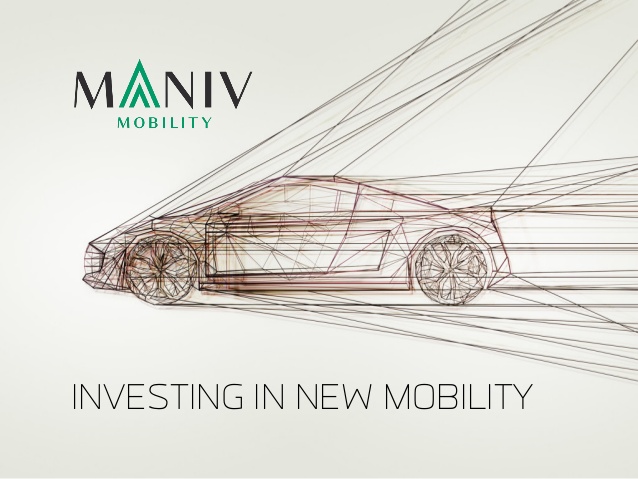
“We did not set out to create a sector-focused VC,” founder Michael Granoff tells ISRAEL21c. “Immediately after 9/11 I became passionate about ending oil’s monopoly in transportation, which led to helping create a policy organization in Washington, DC and to trying to implement the Better Place approach to electric cars. After that experience … establishing a portfolio of startups in the space that we could help build was a natural next step. It turned out a sector-focused VC was the best vehicle to do that.”
Among the limited partners in Maniv are OurCrowd, InMotion Ventures (a subsidiary of Jaguar Land Rover) and the $14 billion French company Valeo.
“When it comes to the contributions of Israeli entrepreneurs in mobility, Waze and Mobileye were the tip of the iceberg,” said Granoff. “On their heels are [Maniv portfolio] companies like Cognata, which is building a highly realistic 3D simulation engine to train and validate autonomous systems; Upstream Security, which is developing cloud-based cybersecurity for vehicle fleets; and OryxVision, a vision sensor that will allow superior range, resolution and function over current LIDAR solutions while costing less.”
AGING TECHNOLOGY
By 2050, the number of people in the world aged 50-plus is projected at 3.2 billion, pointing to a huge market need for technologies to improve their quality of life.
“While millennials may still matter most to investors, increasingly the older adult population presents an attractive investment opportunity globally, given the size, growth and complexity of its needs,” says aging-tech consultant Dov Sugarman, co-manager of Mediterranean Towers Ventures, launched also in July as a subsidiary of the Ganei Tikva-based Mediterranean Towers chain of retirement communities.
“Retirement communities like Mediterranean Towers will never serve a large segment of the aging population, so if they can take a leadership role in helping aging-tech companies it will help the ecosystem move forward and tap these entrepreneurs into the company’s 30 years of experience and financial contacts,” Sugarman tells ISRAEL21c.
The corporate venture fund is co-managed by Yael Benvenisti, chairwoman of SIG Technologies of Aging Well and board member of the Israel Gerontological Society.
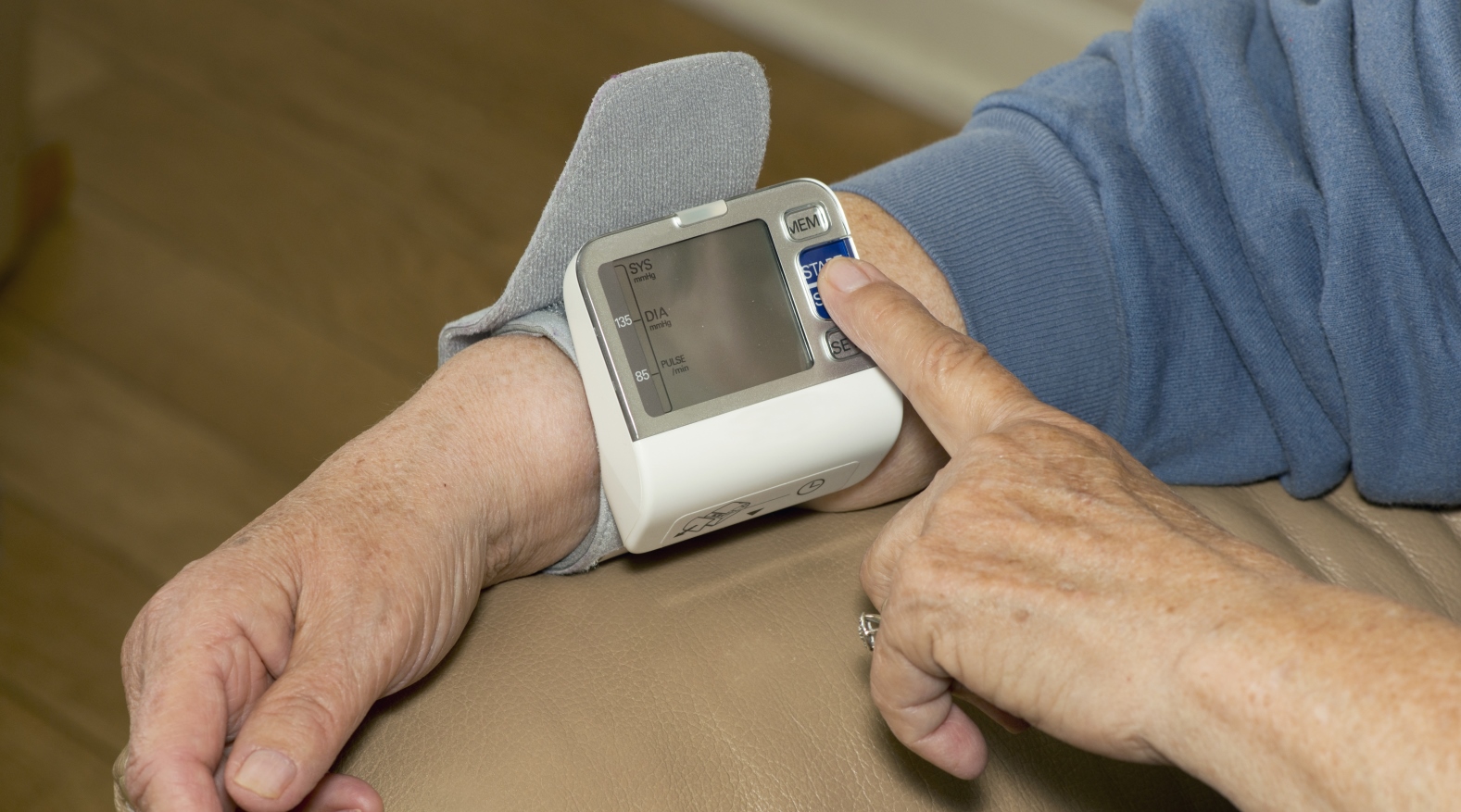
Yair Seroussi, former chairman of Bank Hapoalim and chairman of the Mediterranean Towers chain, chairs the investment committee. “Beyond the economic and social move, the fund will also promote a connection between older adults and the younger generation, thereby encouraging new ideas and initiatives that we hope will lead to the development of products which will help the country’s senior citizens,” said Seroussi.
The fund intends to invest in four companies in the first year, preferably Israeli ones, in anything from leisure and travel to online learning to medical monitoring, cognition, aging in place, VR and AR, Sugarman says.
SOCIAL TECHNOLOGY
Impact First Investments is building a venture fund to back Israeli technology startups with scalable products to address global social problems — companies that do well by doing good, with no trade-off between financial returns and social impact.
Impact First so far has invested in AngelSense GPS tracker and voice-monitoring solution for children with special needs; Intendu functional brain-body training console for people with brain impairments; and GivingWay online social network connecting NGOs and volunteers across the world.
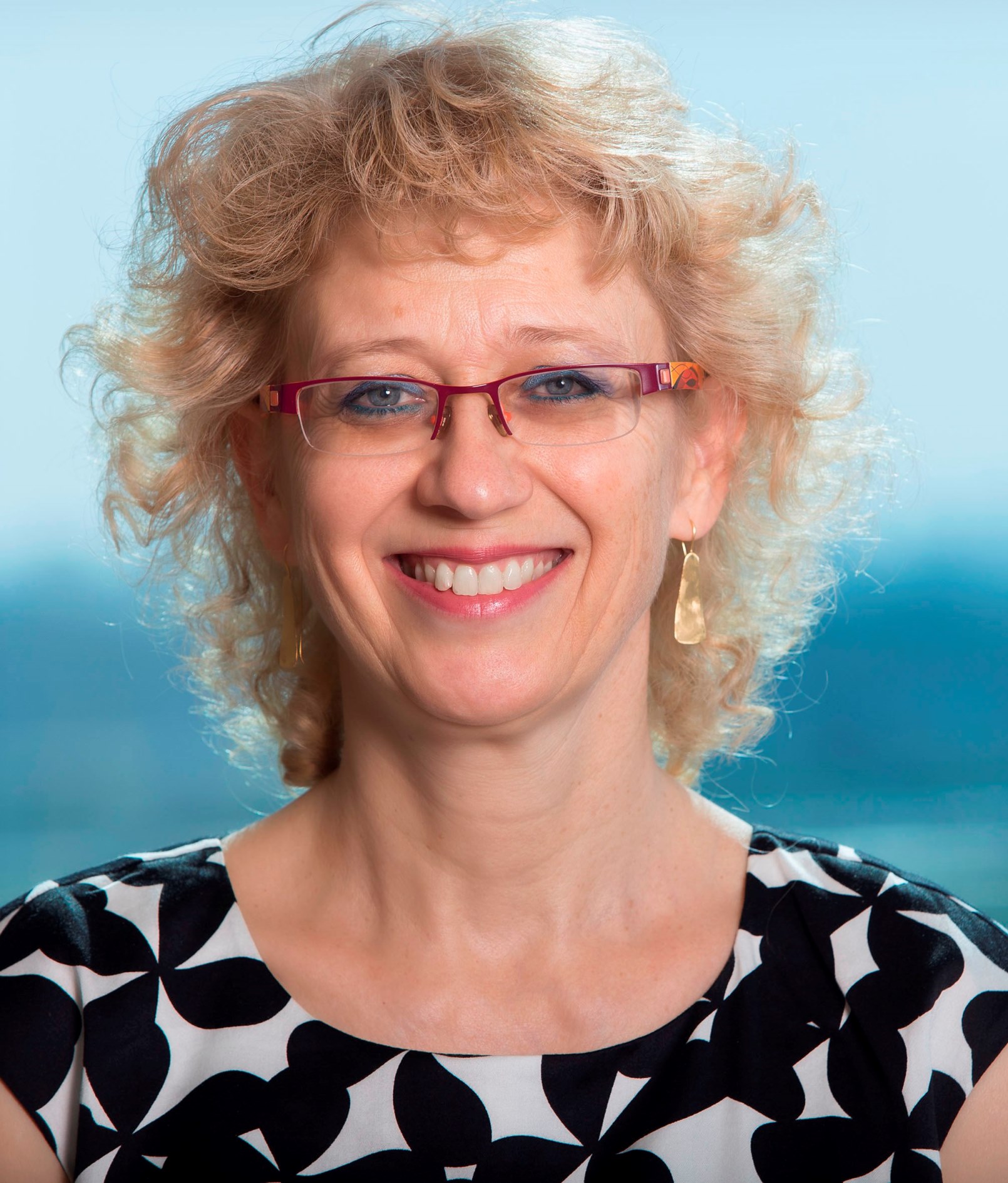
Founded by Cecile Blilious and Yair Safrai, Impact First operates as the community ventures arm of the established VC Pitango in Herzliya.
In the early 2000s, Blilious managed the Israeli impact investment portfolio of the Dutch Noaber Foundation. “By 2011 I realized that Israel could really be a leader of global social innovation and we could extend social-tech into many domains, addressing any kind of global social problem with Israeli technology,” she says.
Impact First previously managed Noaber Foundation investments in the NeuroTech Solutions online ADHD evaluation tool and EarlySense contactless patient monitoring system.
“These are good examples of companies that have moved into the mainstream and still have a substantial social impact on society,” Blilious tells ISRAEL21c.
Globally, impact investments added up to $100 billion in 2016 and are growing by 30 percent each year, yet impact funds are a new phenomenon in Israel, Blilious explained.
“Our job is to lead Israel into becoming a significant force in developing technology for social innovation. We are seeing hundreds of opportunities each year and the industry is definitely picking up as millennials are interested in investing in and setting up companies that blend what you care about with your skills to create a solution.”
NEURO-WELLNESS
Joy Ventures of Herzliya is a privately funded investment company founded in February by Corundum Open Innovation, a Japanese VC that invests in Israeli tech companies.
An initial $50 million is earmarked for neuro-wellness technologies (such as wearables and apps) that help lower stress and enhance mood and general wellbeing without pharmaceuticals.
Gilad Peleg, chairman of Joy Ventures, said investors’ interest in brain research and consumer products led his team to create a new ecosystem in Israel to foster companies in this space. This includes a tech incubator.
Joy invested in and cofounded Brain1 Innovations to develop a headset providing tailored music including binaural beats for mood improvement. This year, Joy awarded a total of $1 million divided among eight research grants in the field of neuro-wellness.
“In 2018, we’ll expand outreach to new entrepreneur and projects as well as neuro-wellness events in our offices,” Peleg tells ISRAEL21c.




